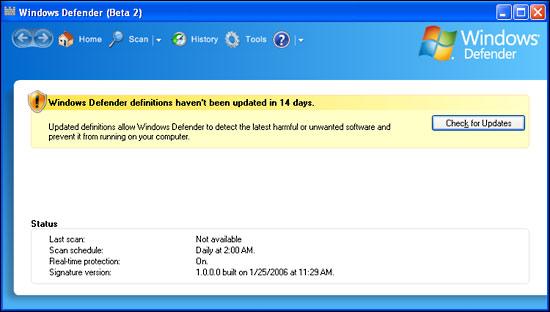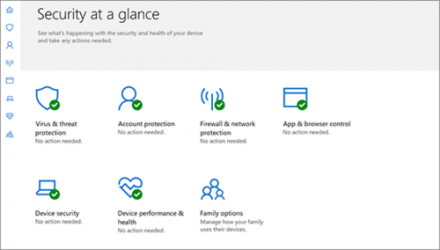

Full Scan relies heavily on the CPU and is not afraid to use whatever resources your system has available as a result, you may experience lag, delays, hanging and other system disruptions when it is scanning.

At the same time, however, it can also be the cause of disproportionately high CPU usage.Īnother Windows Defender feature that may be responsible for slowing down your system is its Full Scan, which performs a comprehensive check of all files on your computer. This process allows Windows Defender to continuously monitor your computer for potential threats and provide real-time protection against malware and cyberattacks. Download your free trial of Emsisoft Anti-Malware and see for yourself. Did your antivirus let you down? We won’t. Protect your device with Emsisoft Anti-Malware. What is Antimalware Service Executable (msmpeng.exe)?ĭo you use Windows Defender to protect your computer? If so, open up the Windows Task Manager (Ctrl + Shift + Esc or Start Menu > Task Manager), scroll through the list of background processes and you will find a process called Antimalware Service Executable and its corresponding file msmpeng.exe. In this article, we’ve put together a few simple steps you can follow to prevent Antimalware Service Executable from hogging your system’s resources and keep your machine running smoothly. If you’re a Windows Defender user and have noticed high CPU usage for abnormally long periods of time, you’ll be pleased to know that you can easily manage this issue. However, it’s also infamous for consuming far more than its fair share of CPU processing power, and can even single handedly reduce your computer’s speed to a glacial crawl.

The Antimalware Service Executable process plays an important role in the Microsoft Windows Defender Service that comes bundled with Windows 10 (and, despite the similarities in name, is completely unrelated to Emsisoft Anti-Malware!).


 0 kommentar(er)
0 kommentar(er)
